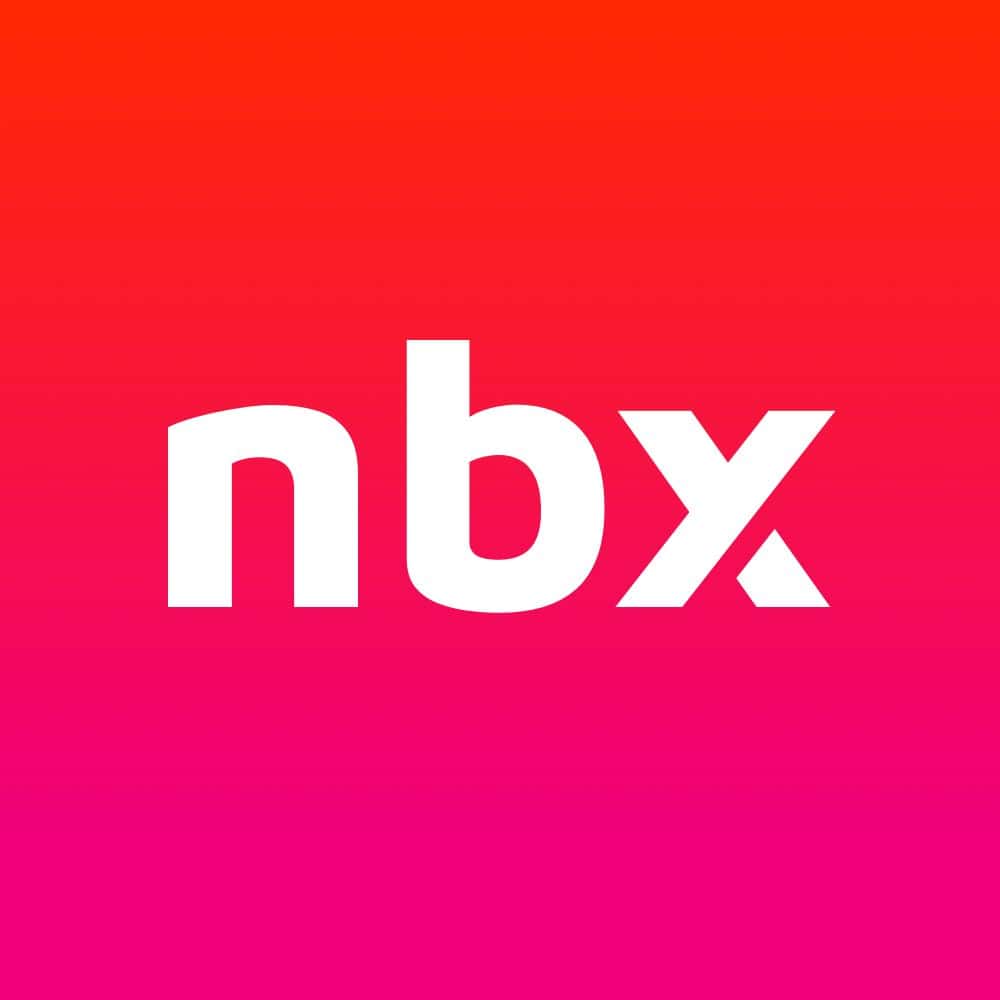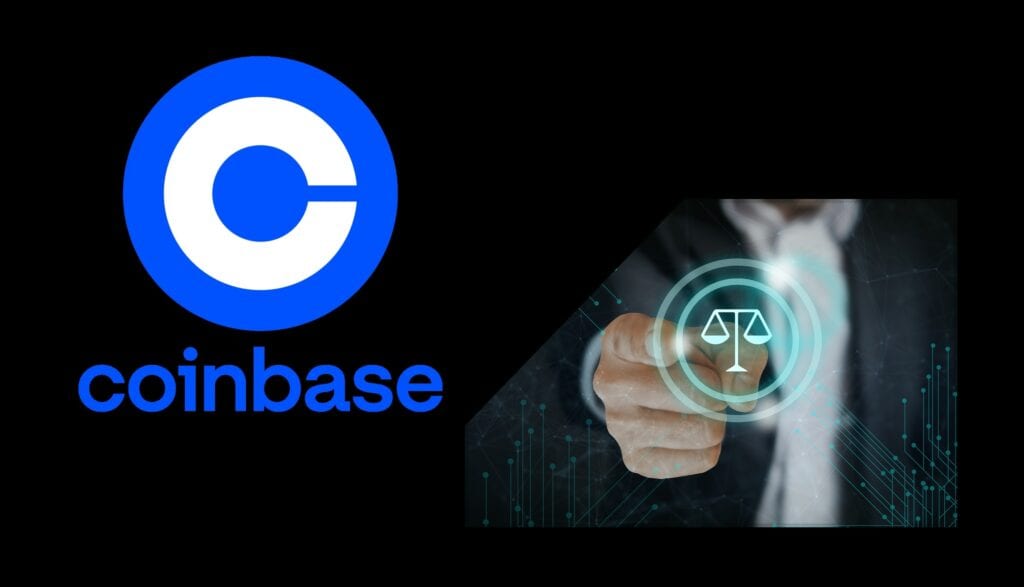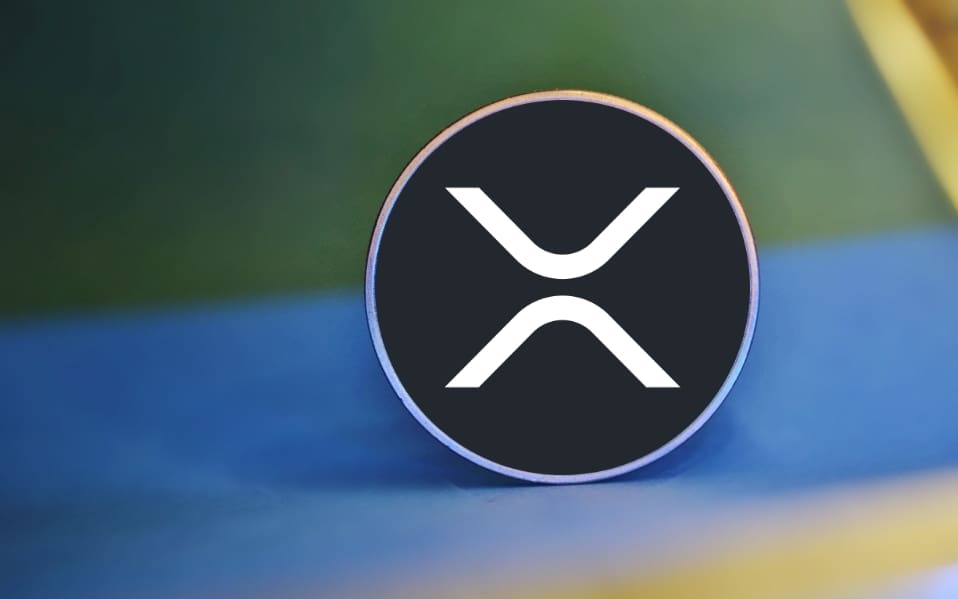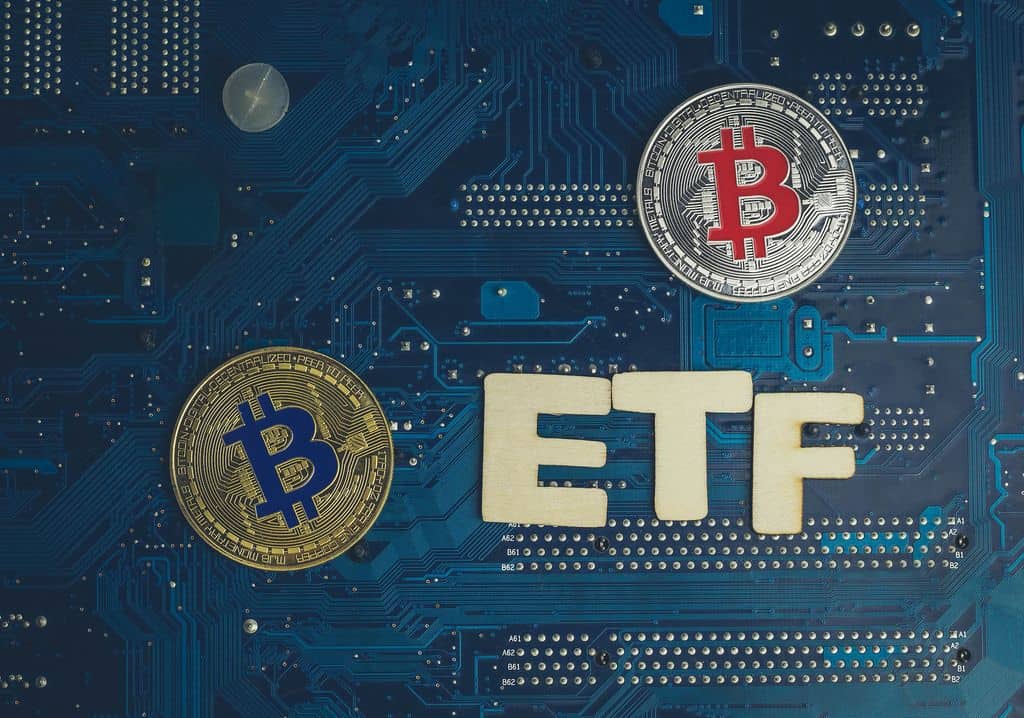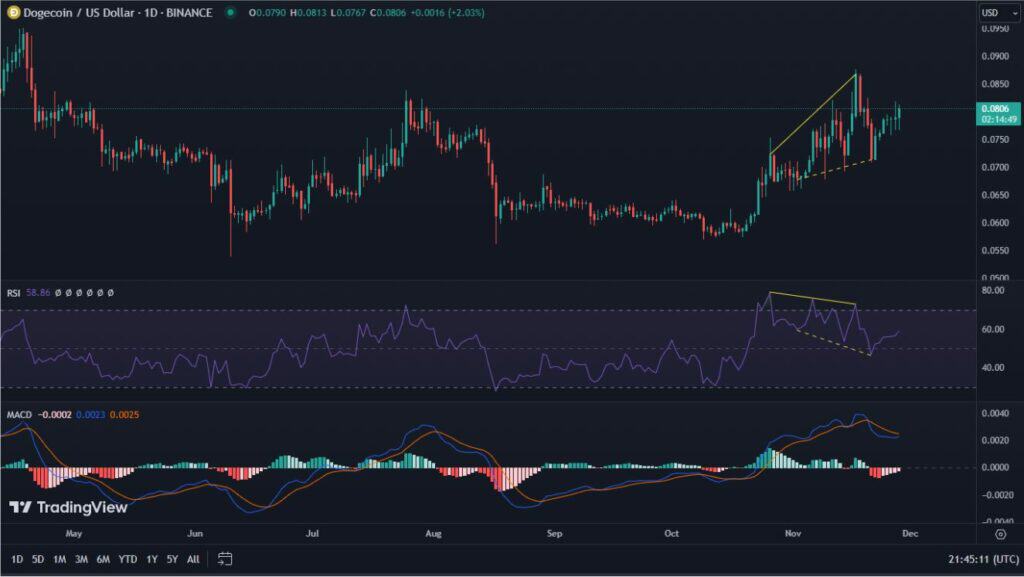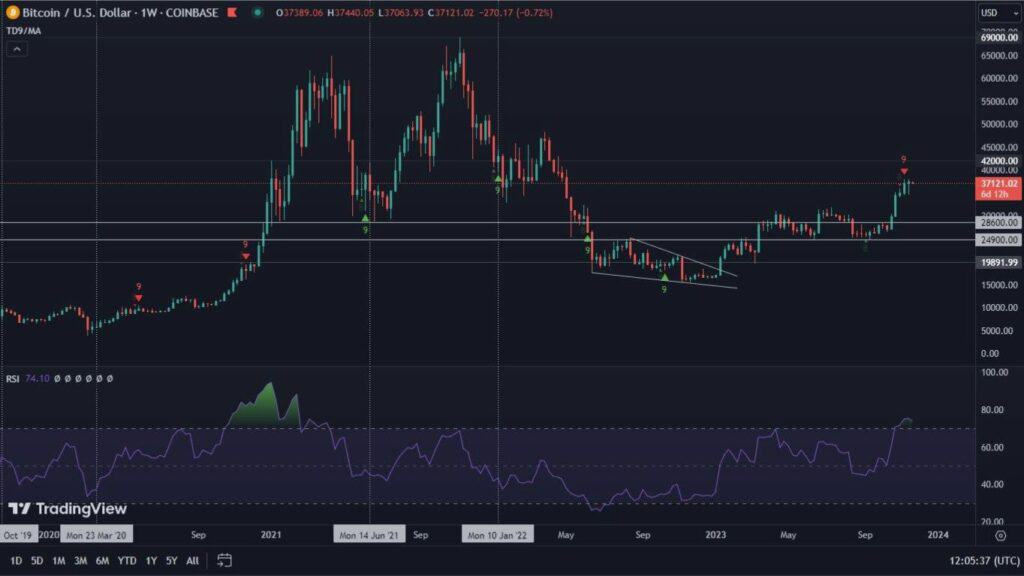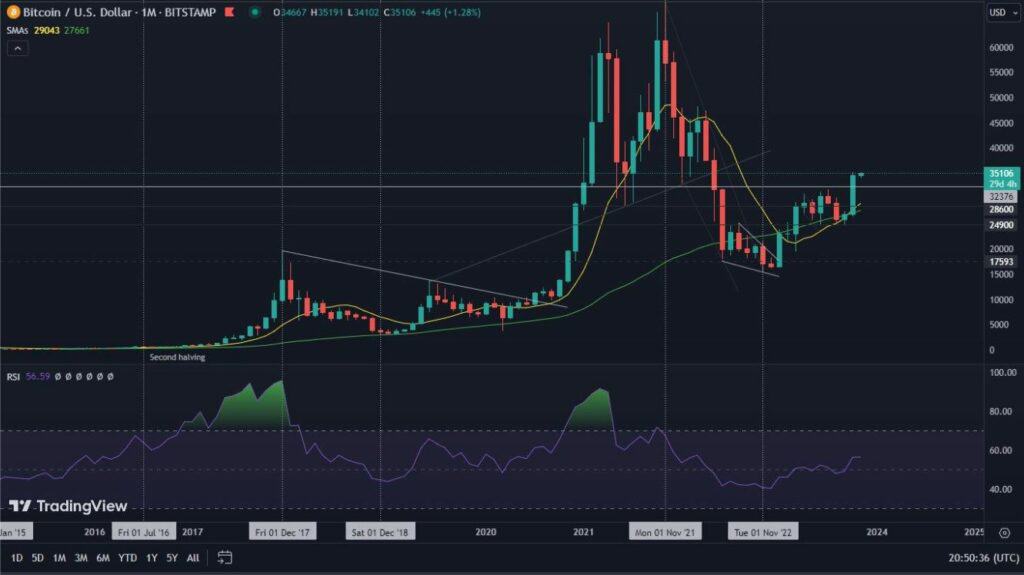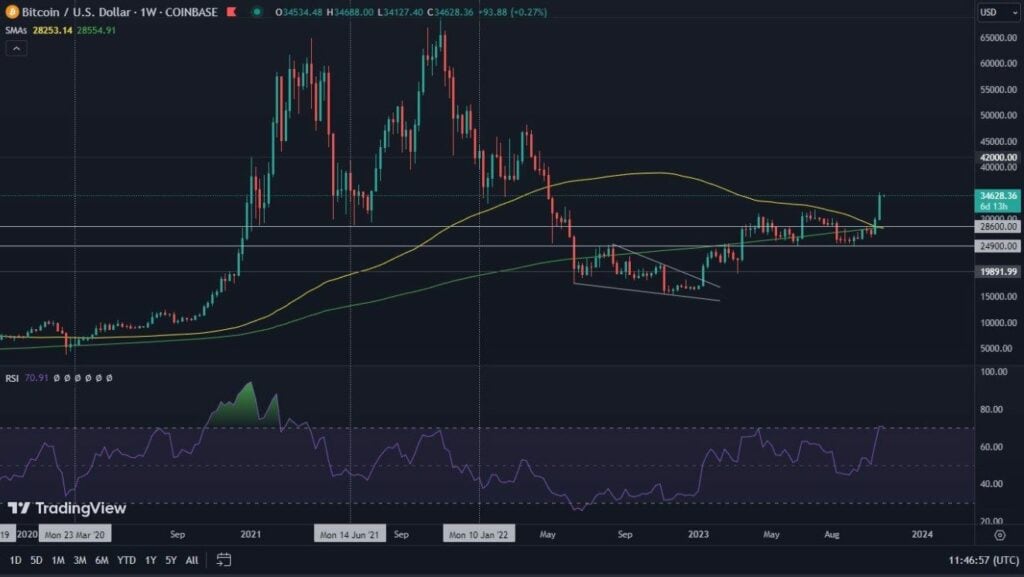In earlier articles, we have, among other things, given you a brief overview of cryptocurrency wallets that you can apply to your own needs. However, know that every wallet also requires you to have addresses for the coins you wish to store on it. In this post, we will tell you what they are and how to distinguish between them.
What are cryptocurrency addresses?
Every traditional bank account has its own unique account number. These digits, are assigned to a specific owner. Although they may be public in nature, only a person who knows the password has access to the account. It is similar in the world of crypto assets. A wallet address is nothing more than a string of characters assigned to a specific account. We call it a cryptocurrency address. An address to which only the owner has the keys.
In the article titled “Cryptocurrency Wallets”, we discussed desktop applications. One of them was Exodus. On its example, we will show you where you can find particular wallet addresses and how to use them.
Let’s assume that you would like to receive Bitcoin for your newly created wallet. After opening the Exodus app and selecting the “Wallet” tab, you can choose any of the available cryptocurrencies from the menu that appears below. It is very important that you do not make a mistake at this point and choose the right token. BTC can only be received and sent using a BTC address. It is the same with all other cryptocurrencies. Each blockchain has its own set of addresses and to avoid losses, it is important to keep this in mind.
However, let’s go back to our Bitcoin. After selecting it from the list, we will see two buttons. One is for receiving and the other for sending coins. We choose the “receive” option. In front of our eyes we will see a string of characters. This is an automatically created cryptocurrency wallet address for the currency. In addition you can see that next to it there is a QR code. In it the address is also written. Through it and without the need to rewrite the sequence of letters and numbers, we are able to easily receive coins. To send Bitcoin we have to go back to the previous window and click the “send” button. A field will appear in front of us which should be filled in with the exact address. This way you can transfer your tokens directly to the exchange.
Address types for Bitcoin
Since the existence of the Bitcoin network there have been addresses for cryptocurrency transfers. Currently, three formats of these are known. These are: addresses starting with 1, which is the so-called Legacy, addresses starting with 3 (Nasted SegWit) and bc1 addresses (Native SegWit). Currently, the latter are the most popular and are also used in the previously mentioned Exodus. The use of “bc1” addresses is important for Bitcoin’s scalability, by increasing the bandwidth of its network. If you want to learn more about this issue, we invite you to the article titled “What is SegWit”, where we explain what caused the appearance of the latest address format.
Security of addresses
If you want to have cryptographic assets in your wallet, it is nice to be sure that they are fully secured. This is guaranteed by the SHA-256 algorithm which is a 256-bit secure hashing algorithm. It was designed by National Security Agency back in 2001. It is a cryptographic mathematical operation performed on digital data. This algorithm found its use in the Bitcoin network, with the support of Proof of Work. It is thanks to it that addresses for BTC wallets are created, and it is thanks to it that we are assured of complete security and complete privacy.





